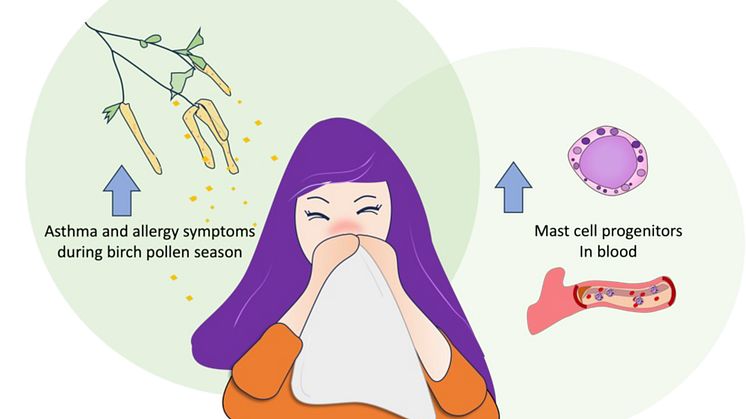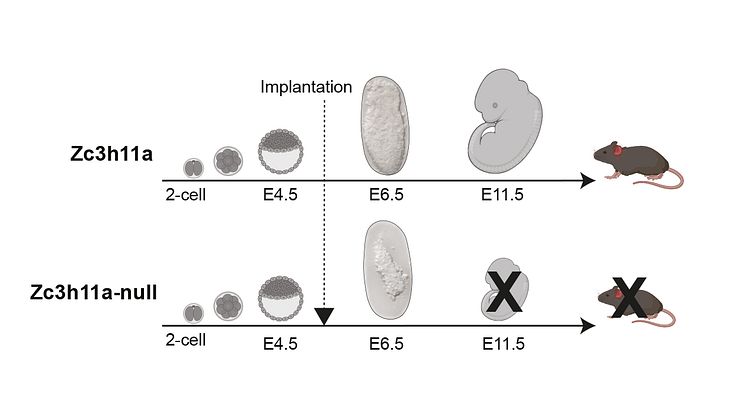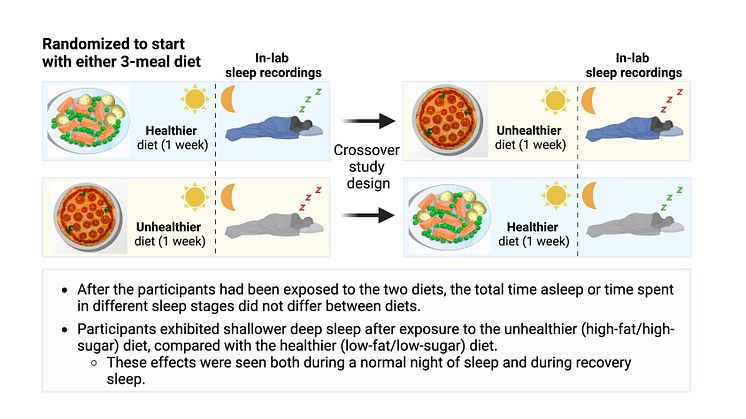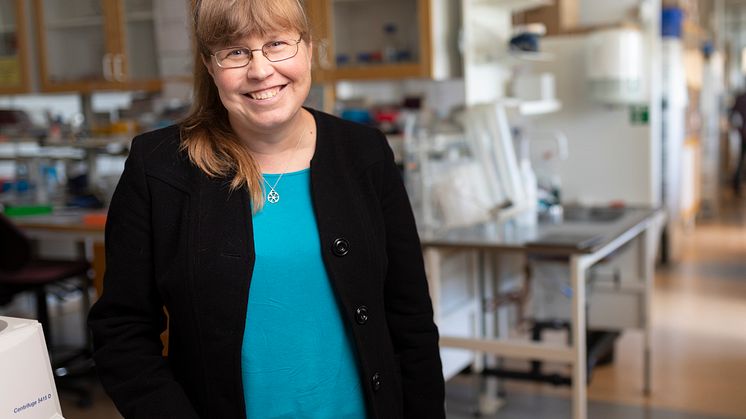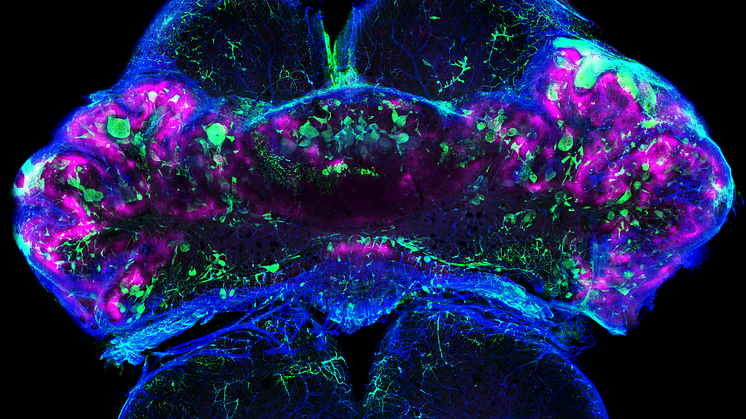More mast cell progenitors during pollen season
The frequency of mast cell progenitors in the blood circulation is higher in asthma patients during the birch pollen season than outside of it. This has been demonstrated in a new study by Uppsala University, published in the scholarly journal Allergy.
